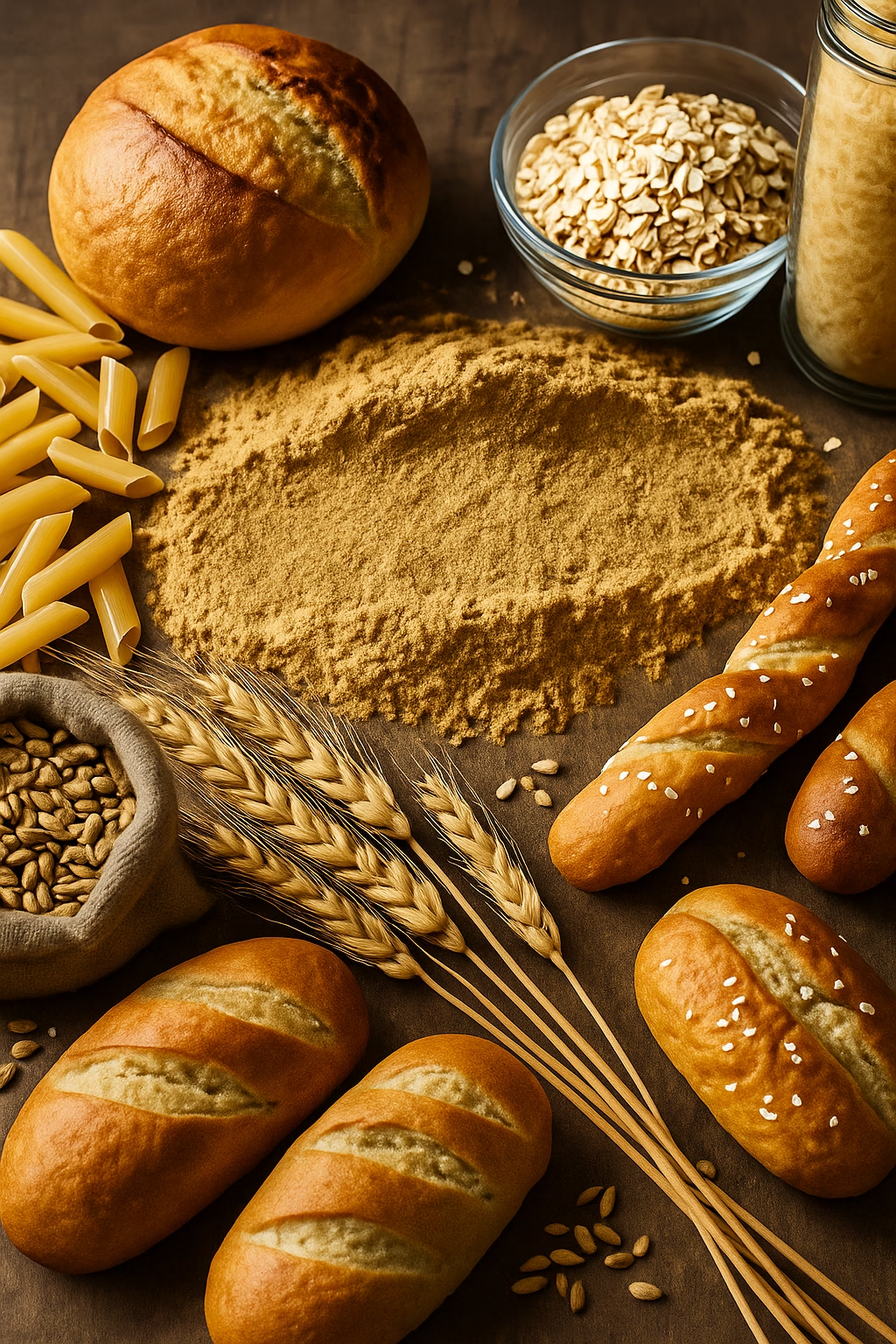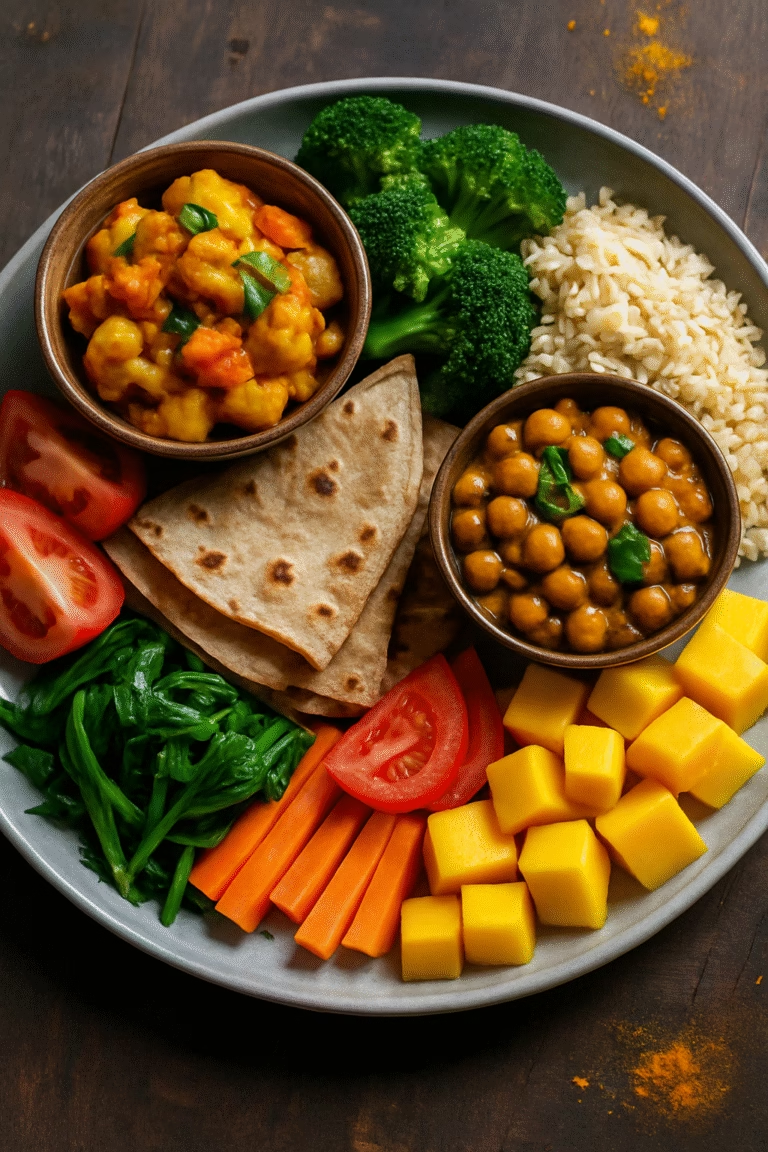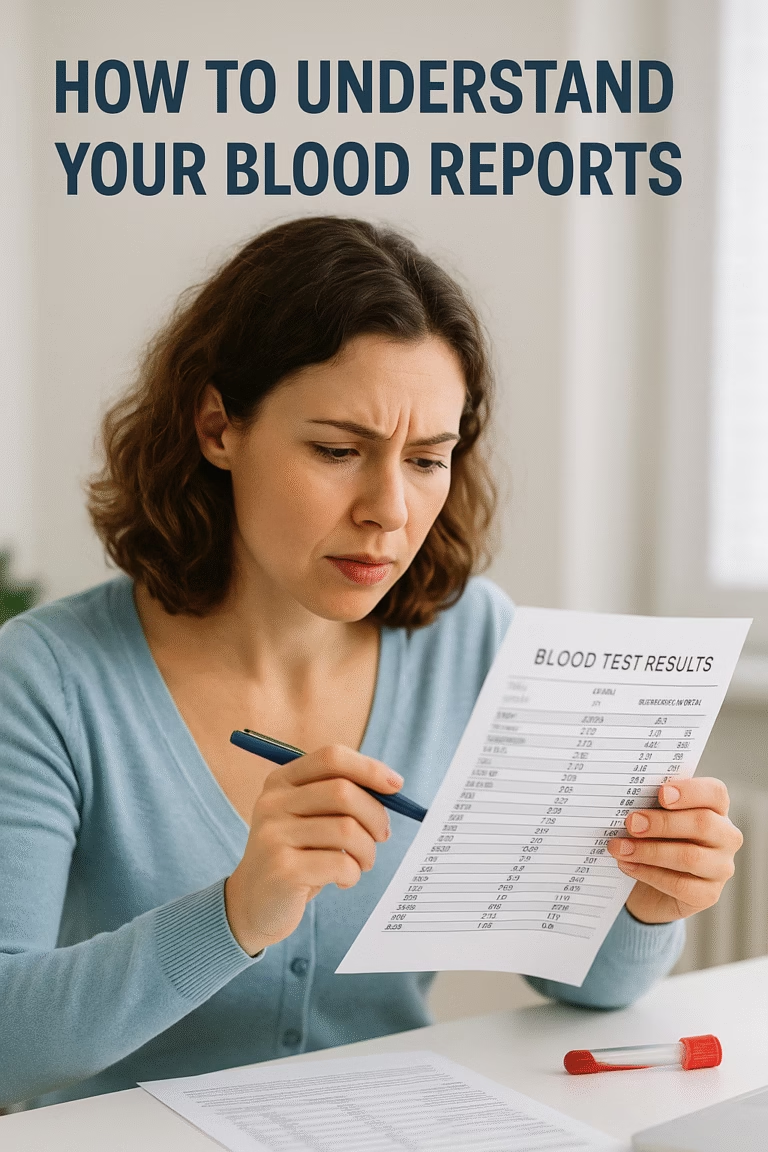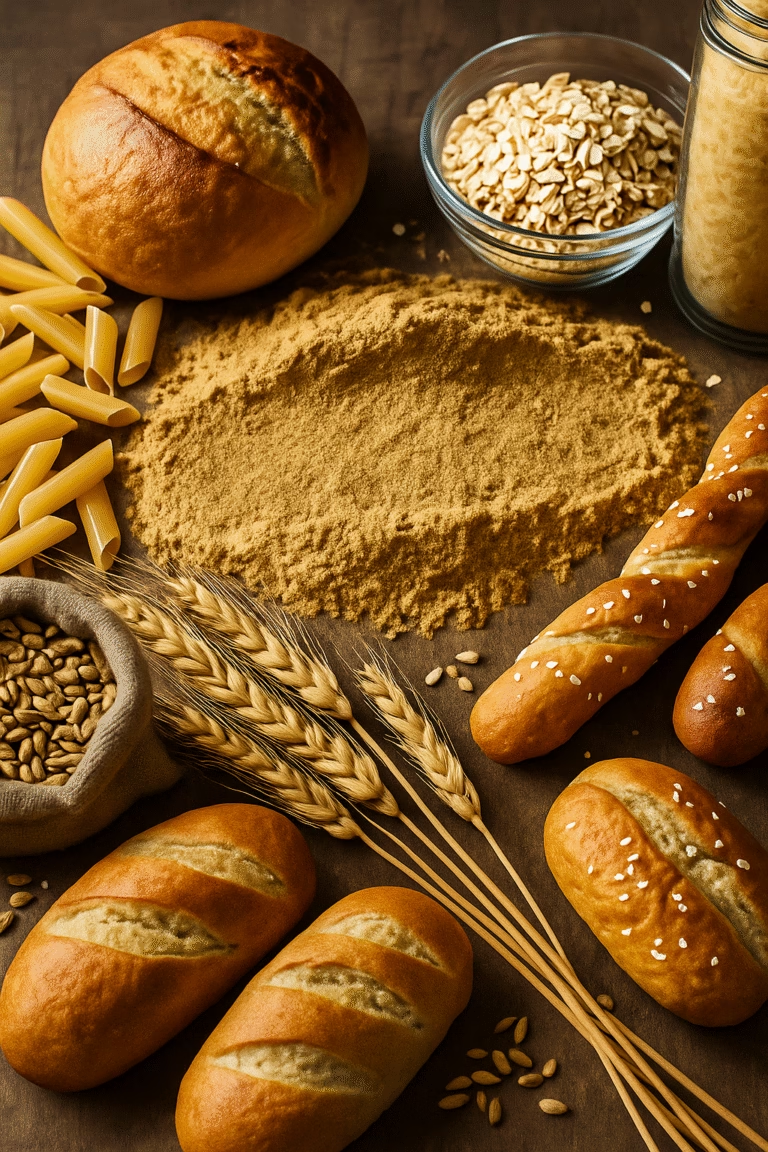
In recent years, “gluten-free” has become a buzzword in the health and food industry. From packaged foods to celebrity diets, gluten is often portrayed as something everyone should avoid. But is it truly harmful? What should Indians know about gluten, given our unique food culture that heavily relies on wheat-based staples such as roti, paratha, poori, and bread? This article provides a deeper look.
What is Gluten?
Gluten is a naturally occurring protein found in wheat, barley, and rye. It provides dough with its characteristic elasticity, resulting in soft chapatis, flaky parathas, and fluffy bread. Without gluten, these staple foods would lose their shape and texture.
How Gluten Affects Your Body
Our digestive enzymes, like proteases, can break down most proteins, but they cannot fully digest gluten. Undigested gluten then travels to the small intestine. For most people, this process occurs without any issues. However, in some individuals, it can trigger problems:
- Celiac disease: An autoimmune reaction where gluten consumption triggers the immune system to attack and damage the small intestine.
- Non-celiac gluten sensitivity (NCGS): A condition that causes digestive symptoms such as bloating, diarrhea, and other issues like headaches or skin rashes, even though celiac disease is not present.
- Wheat allergy: An allergic reaction specifically to proteins in wheat, which can cause symptoms ranging from hives to difficulty breathing.
- Gluten ataxia: A rare autoimmune disorder where gluten triggers the immune system to attack the brain.
Sometimes, the issue may not be gluten itself but rather FODMAPs (Fermentable carbohydrates), which are poorly absorbed by the small intestine and can cause discomfort in sensitive people.
Who Should Avoid Gluten?
Gluten is not harmful for the majority of people, but certain medical conditions necessitate strict avoidance:
- Celiac disease: A serious autoimmune disorder.
- Non-celiac gluten sensitivity (Gluten intolerance): A condition causing digestive discomfort without the intestinal damage seen in celiac disease.
- Wheat allergy: An allergic reaction to wheat proteins.
- Gluten ataxia: A rare neurological disorder.
Is Gluten Bad for Everyone?
The simple answer is no. Gluten is not inherently bad for most people. In fact, for the majority of Indians, whole wheat and other gluten-containing foods are a healthy and integral part of daily meals. Whole wheat offers several benefits:
- High in fiber: Supports smooth and healthy digestion.
- Packed with nutrients: Rich in essential vitamins and minerals like iron, magnesium, and B vitamins.
- Provides sustained energy: Especially when paired with traditional Indian dishes like dal and sabzi.
On the other hand, eliminating gluten without a medical reason can be counterproductive. Many “gluten-free” packaged foods are often expensive, low in fiber, and sometimes contain high amounts of added sugar. Over time, this could lead to a less nutritious diet.
Gluten in the Indian Diet
India’s food culture is wonderfully diverse, and so are its grains. While wheat is a staple in the north and west, many regions rely on naturally gluten-free alternatives:
- Rice: A staple in the south and east, used to make dishes like dosa, idli, and poha.
- Millets: Grains like ragi (finger millet), bajra (pearl millet), and jowar (sorghum) have been part of rural diets for centuries. They are now considered “superfoods” due to their high fiber, calcium, and iron content.
- Corn (makki): Used to make makki ki roti in Punjab, often served with sarson ka saag.
- Buckwheat (kuttu atta): Popularly used to make rotis or pakoras during Navratri fasts.
This means that even if someone needs to adopt a gluten-free diet for medical reasons, they don’t have to give up on traditional Indian flavors or rely on expensive imported products. Our food heritage already offers a wealth of nourishing, budget-friendly, and naturally gluten-free options.
Should You Go Gluten-Free?
Yes, if:
- You have a doctor-diagnosed case of celiac disease.
- You have a confirmed wheat allergy.
- You experience frequent digestive symptoms like bloating, pain, or fatigue after eating wheat, and your doctor recommends testing
No, if:
- You are healthy and symptom-free.
- You are following it simply because it is a trend or for a weight-loss fad.
For most people, a healthy, balanced Indian diet with portion control is far more beneficial than unnecessarily avoiding gluten.
Key Takeaways
- Gluten is only a health concern for individuals with specific medical conditions.
- The majority of Indians can safely and healthily enjoy chapatis, parathas, and other wheat-based foods.
- India has a rich variety of naturally gluten-free grains, providing many traditional options for those who truly need to avoid gluten.
- Always consult a doctor before making significant dietary changes.
Final Word
Gluten is not inherently “bad” for everyone. Unless your body specifically reacts to it, there is no need to give up your favorite roti. Instead, focus on a healthy, balanced Indian diet.
Frequently Asked Questions (FAQs)
What should I do if I think I have a gluten problem?
Consult a doctor if you believe gluten is negatively affecting your health. Your doctor may recommend blood tests to diagnose celiac disease or a wheat allergy. It is important to get a proper diagnosis before removing gluten from your diet, as doing so can affect the test results.
What is FODMAP?
FODMAP is an acronym for Fermentable Oligosaccharides, Disaccharides, Monosaccharides, and Polyols. These are short-chain carbohydrates that are poorly absorbed in the small intestine and can ferment, causing digestive discomfort in sensitive individuals.
Can gluten cause weight gain?
Gluten itself does not cause weight gain. Weight gain is a result of consuming more calories than you burn. Overeating any high-calorie foods—whether they are gluten-free or not—can lead to weight gain. Whole wheat rotis, when consumed in moderation, are a healthy part of a balanced diet.
Is rice gluten-free?
Yes. All types of rice, including white, brown, and basmati rice, are naturally gluten-free. This makes rice a safe and excellent staple for people with celiac disease or gluten intolerance.
Discover more from The Vigyan Chronicles
Subscribe to get the latest posts sent to your email.



